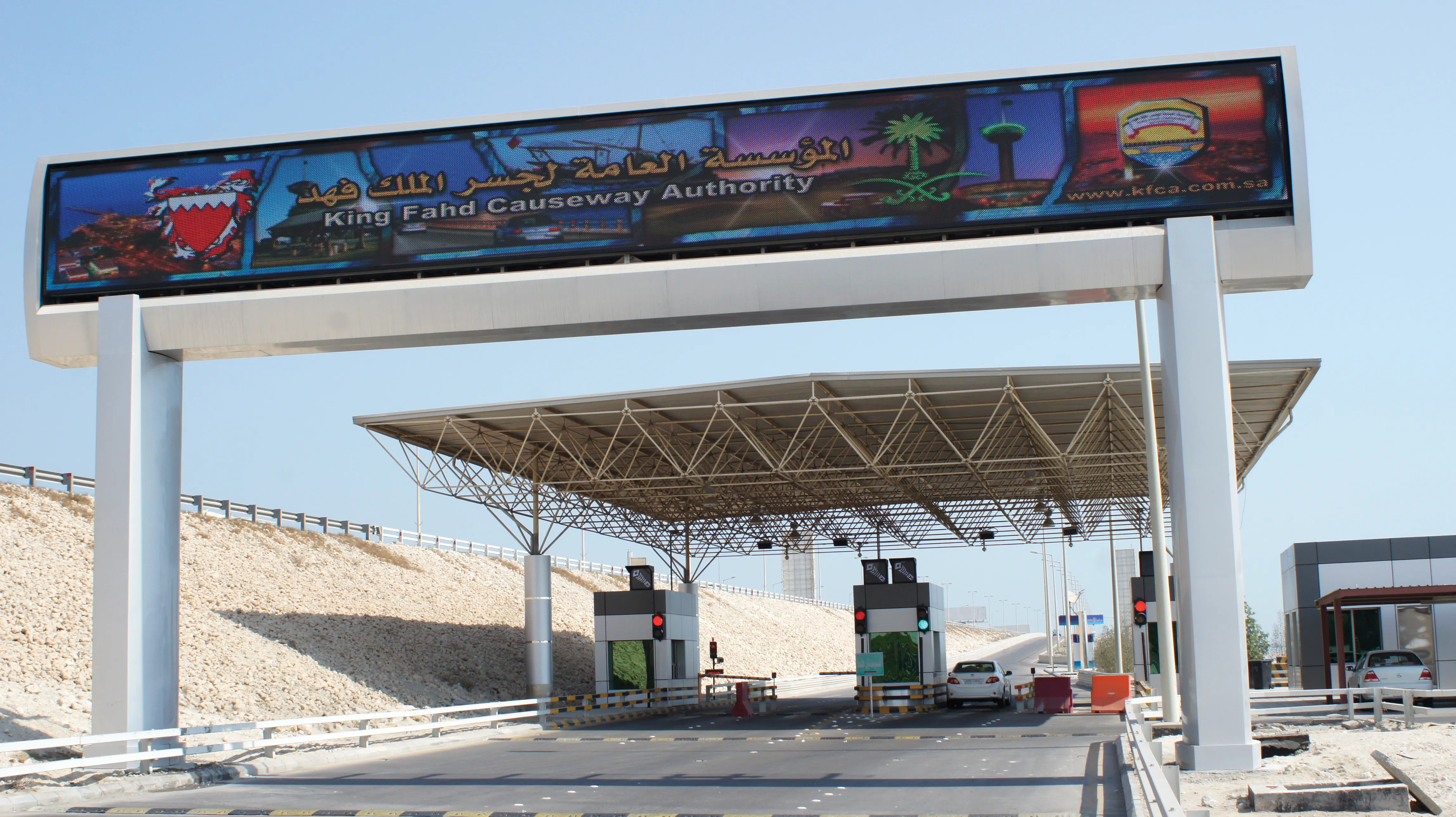The Texas Department of Transportation (TxDOT) awarded a US$2.75 million contract for a study to develop the corridor along a stretch of Interstate 635 (I-635) in Dallas. The two-year contract is for schematic, environmental and traffic studies for the construction of access roads along the growing section of highway and was awarded to Michael Baker International.
As part of the contract, the Michael Baker team will conduct a number of detailed studies in advance of TxDOT’s plans to add more than 53km of
July 14, 2016
Read time: 2 mins
The 3499 Texas Department of Transportation (TxDOT) awarded a US$2.75 million contract for a study to develop the corridor along a stretch of Interstate 635 (I-635) in Dallas. The two-year contract is for schematic, environmental and traffic studies for the construction of access roads along the growing section of highway and was awarded to Michael Baker International.
As part of the contract, the Michael Baker team will conduct a number of detailed studies in advance of TxDOT’s plans to add more than 53km of access roads. The links will offer motorists low-speed access to homes and businesses along the corridor. The work in hand will include surveying the schematic layout, developing traffic studies (ramp installation, capacity evaluation and potential road widening), subsurface utility engineering (SUE) and noise management studies. Michael Baker will provide recommendations to ensure steady traffic flow and ease of access. The firm will also handle a public involvement and engagement campaign at city council meetings to apprise stakeholders of progress and updates.
“I-635 is a major thruway that loops around Dallas and connects thousands of commuters between downtown and the airport. As the surrounding areas continue to develop, our experts will focus on achieving results that allow motorists to safely and efficiently reach their destinations,” said Juan Contreras, office executive for Michael Baker’s Dallas office.
Michael Baker’s current contract to improve I-635 is part of a larger statewide evergreen contract that TxDOT awarded to the company in 2015. As part of the 2015 contract, the company is completing studies that examine the length of I-635 from the interchange at US 80 to the junction at I-20. The firm commence work on the I-635 contract in Q2 2016 with completion anticipated in mid-2018.
As part of the contract, the Michael Baker team will conduct a number of detailed studies in advance of TxDOT’s plans to add more than 53km of access roads. The links will offer motorists low-speed access to homes and businesses along the corridor. The work in hand will include surveying the schematic layout, developing traffic studies (ramp installation, capacity evaluation and potential road widening), subsurface utility engineering (SUE) and noise management studies. Michael Baker will provide recommendations to ensure steady traffic flow and ease of access. The firm will also handle a public involvement and engagement campaign at city council meetings to apprise stakeholders of progress and updates.
“I-635 is a major thruway that loops around Dallas and connects thousands of commuters between downtown and the airport. As the surrounding areas continue to develop, our experts will focus on achieving results that allow motorists to safely and efficiently reach their destinations,” said Juan Contreras, office executive for Michael Baker’s Dallas office.
Michael Baker’s current contract to improve I-635 is part of a larger statewide evergreen contract that TxDOT awarded to the company in 2015. As part of the 2015 contract, the company is completing studies that examine the length of I-635 from the interchange at US 80 to the junction at I-20. The firm commence work on the I-635 contract in Q2 2016 with completion anticipated in mid-2018.








